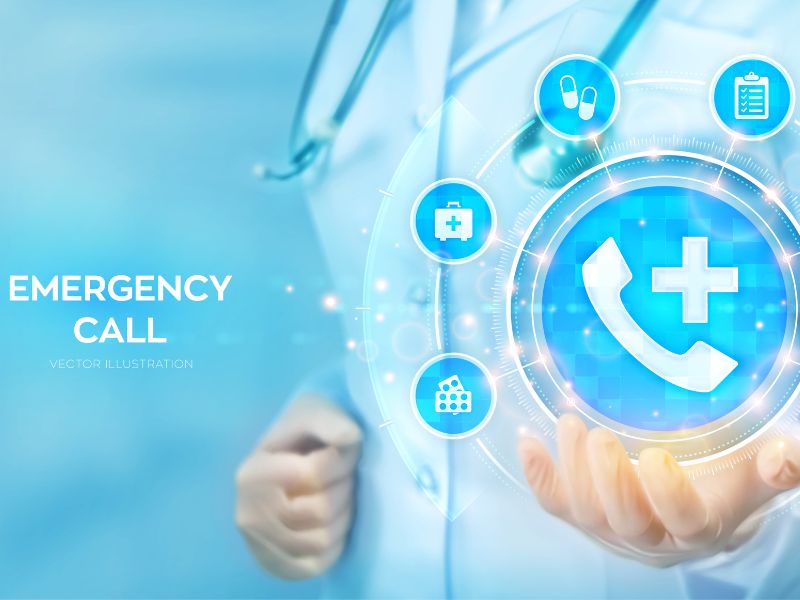
Emergency Numbers in the World: Differences and Operation
An Introduction to Emergency Numbers
Emergency numbers are a critical institution to ensure a quick and organized response to emergencies, but they vary significantly from country to country. This reflects both different emergency service structures and specific local needs. While some countries use a single number for any type of emergency, in others there are specific numbers for police, ambulance, fire services, etc.
Emergency Numbers in Europe and North America
The standard European number is 112: it works in all European Union countries as a single contact for Police, Public Health, Fire Services, and other services. For example, in Germany, 112 can be used for any emergency; 110, instead, is specific to the police.
In the United Kingdom, 999 is used for emergencies. The British system is famous for its efficiency and the wide range of services offered through these numbers. In North America, the famous 911 is the emergency number that covers any type of event. As a system, it is also one of the most famous worldwide.
Variety in Emergency Numbers: Asia and Africa
In Japan, there are two main numbers: 119 for medical and fire emergencies, and then 110 for the police. This separate system allows for specialized handling of emergencies, so that a call is quickly directed to the appropriate service.
China: Emergency numbers are distinct for each type of service: 110 for the police, 120 for ambulances, and 119 for fire services. This multi-service system is designed to reduce response times and increase operational efficiency in emergencies.
In Africa, emergency numbers vary. 112, 911, 999 are among those commonly accepted in Kenya and are used for any type of emergency. This flexible approach reflects the need for immediate and easy access to emergency services in a context where infrastructure may be less developed.
Differences in the Americas
In South America, emergency numbers also vary. In Brazil, if you need the police, you call 190; if you need an ambulance, you call 192; and if you need the fire department, you dial the famous 193. This organization allows for a targeted and rapid response from the relevant authorities.
The Caribbean has various emergency numbers. In the case of Curaçao, for example, both residents and tourists have 911 available for any eventuality. In contrast, in Jamaica, numbers 110 and 119 are used: the former is suitable for non-critical situations, while the latter is for urgent emergencies.
But overall, emergency numbers indeed constitute part of global public safety. Every system varies for needs and structure; understanding these differences is essential not only for the local resident but also for the international traveler, who must be aware of emergency numbers in the countries they visit.
Sources


